If you’re a new player to Legends of Runeterra or to collectible card games (CCG) in general, it might seem like a daunting task to familiarize yourself with the back-and-forth turn phases, more than 300 cards, and 24 champions—and likely even more coming in future updates.
Riot Games’ new CCG, LoR, offers innovative mechanics and perspectives on the well-trodden genre. There’s quite a lot in LoR that you won’t find in other online card games like Hearthstone, Shadowverse, or even Artifact.
Although learning comes with playing the game, there’s no need to jump in blindly. Here are a few beginner’s tips for you to ensure that your experience is nothing short of legendary.
Play the tutorials
LoR throws you into four separate tutorials the moment you start up the game. Each introduces the player to a champion’s unique level-up mechanic and even has delightful bits of lore and traded barbs between rival champions. Once you’re done with the four basic matches, LoR leaves you to your own devices.
With 24 champions in the game, four tutorials simply aren’t enough to get a general sense of each champion in the game. Thankfully, Riot has prepared robust tutorial matches for each champion that you can choose and play by yourself.
There’s no better way to get to know a champion than in a preset scenario. In matches against AI or players, there’s no guarantee that you’ll draw the champion or get to test it out. The tutorial matches provide players with a safe space to watch their beloved heroes level up and destroy the enemy Nexus.
Spell speed: Slow, Fast, and Burst
Slow spells can only be cast outside of battle. Once a player casts a Slow spell, the opponent will get the chance to play Fast or Burst spells in response. A Slow spell can’t be played in response to another Slow spell.
Fast spells can be cast during any phase, including combat. Fast spells still give the opponent a chance to react by using Fast or Burst spells.
Burst spells resolve instantly, giving the opponent no chance to counterplay. Using a Burst spell doesn’t cede your turn to the opponent and you can continue to play spells or summon a unit.
Even if the spell does the exact same thing, the speed is paramount to how useful it is in your deck. Consider your options before slotting a spell into your deck.
Learn the keywords
Keywords are one of the most important aspects of LoR. These unique effects can appear innately in cards’ descriptions or be bestowed upon by champions and followers in the game.
Here’s a handy list of most of the important keywords in the game, with additional explanations that will make your next match less confusing.
Two of the most powerful keywords are Quick Attack and Challenger. While battles usually resolve at the same time between two combatants, Quick Attack allows these units to strike first during an attack phase, defeating the defender and not taking any damage if the units die. This allows glass-cannon units to function as offensive juggernauts.
Challenger lets you drag an enemy unit onto the battlefield, allowing you to take down key targets that will otherwise be left unchallenged in the backline. It offers counterplay and gives some agency to players on offense while defenders usually have the advantage.
Use phases to your advantage
LoR differs from several other CCGs in the market by its approach to phases, drawing inspiration from Magic: The Gathering. One round consists of an offensive and defensive player, and players can take multiple turns during the round. Each player can play one card, except for Burst spells, before it switches back to the opponent’s turn. Each round sees the roles swapped and it continues until one Nexus is taken down.
Due to the back-and-forth nature of the game, the turn doesn’t end right after an attack. Instead, players can freely summon units and cast all types of spells up until the attacking player decides to use their attack token. Once the attack is resolved, players are once again free to do as they please.
This brings about some interesting interplay between the two players. A player can choose to attack right away during their turn, for example, preventing any counterplay from a powerful spell or unit that can block damage. Similarly, players can prevent an opponent from attacking immediately by clearing key targets, slowing down the enemy’s tempo while trying to get their own cards into the game.



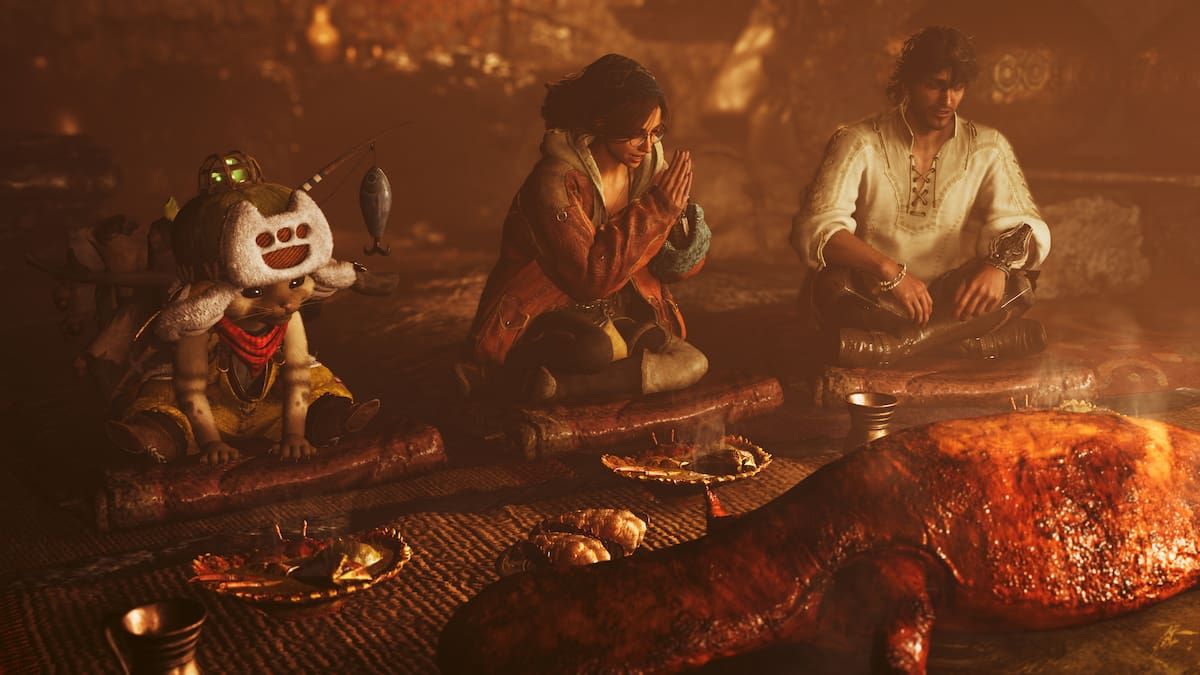
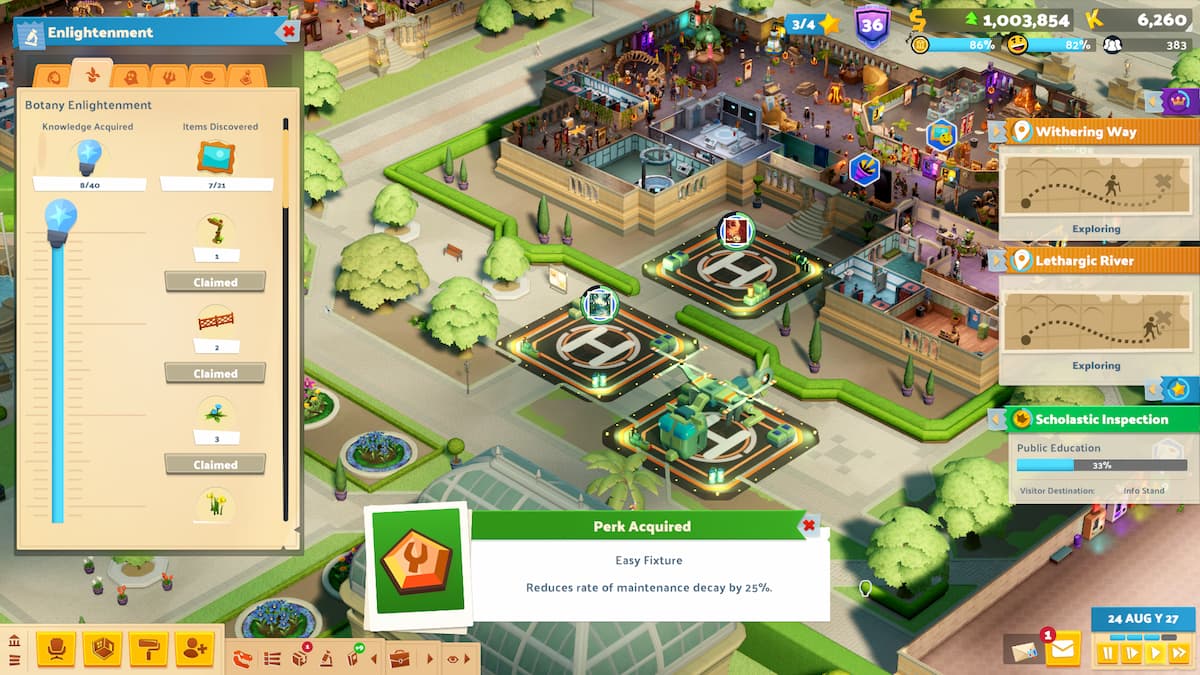


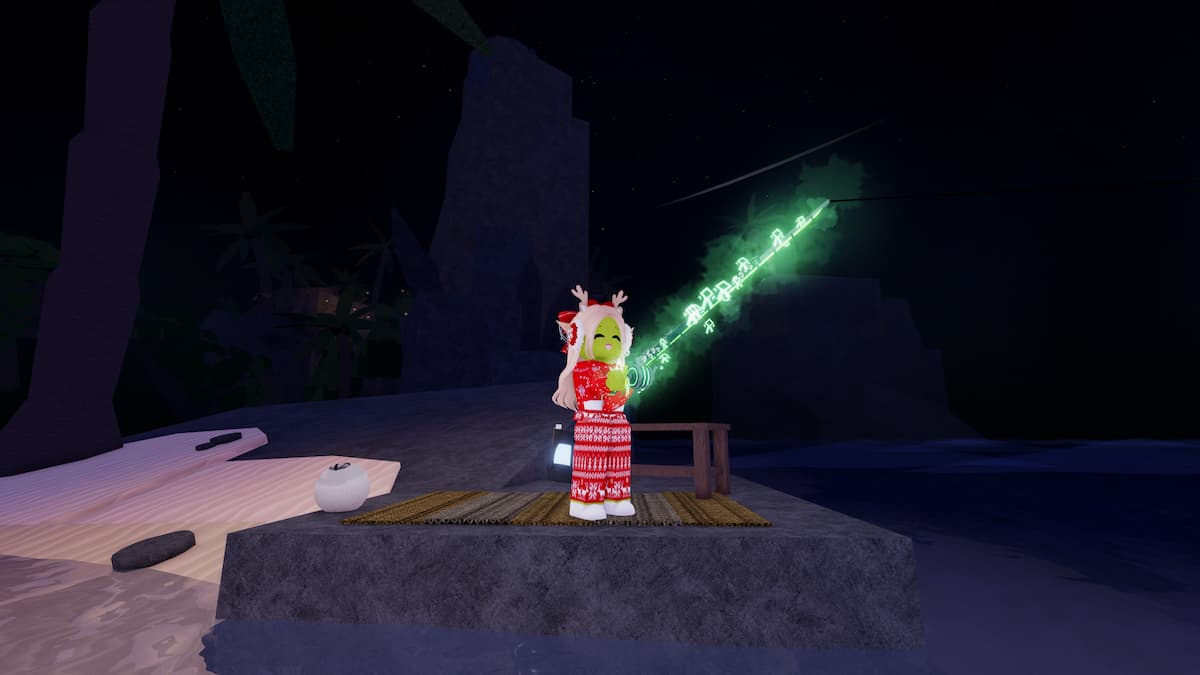
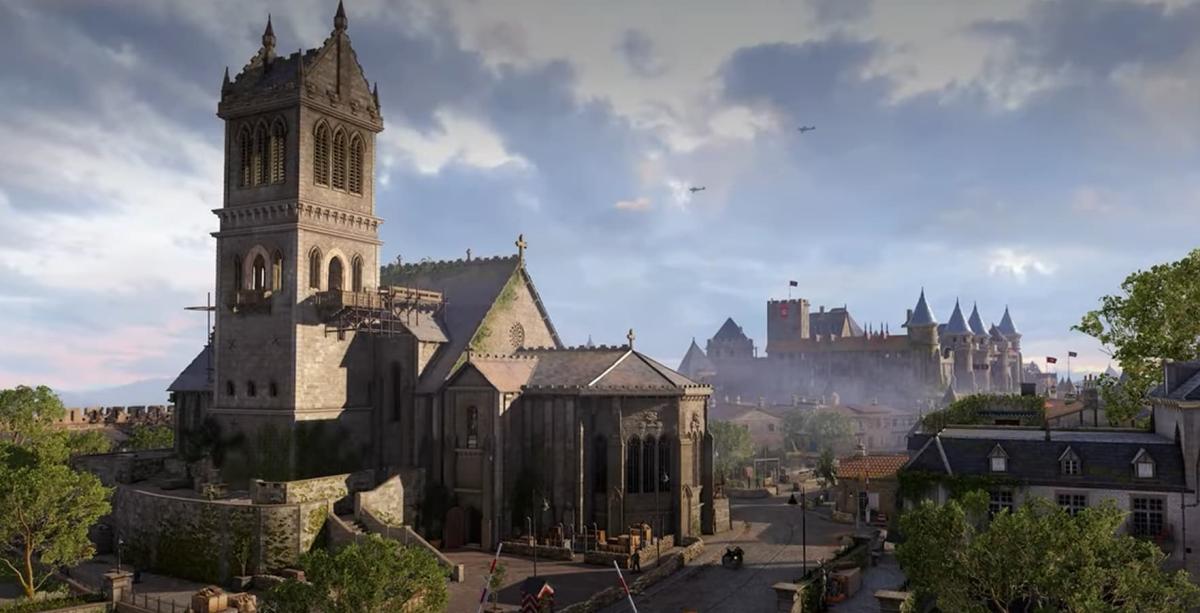
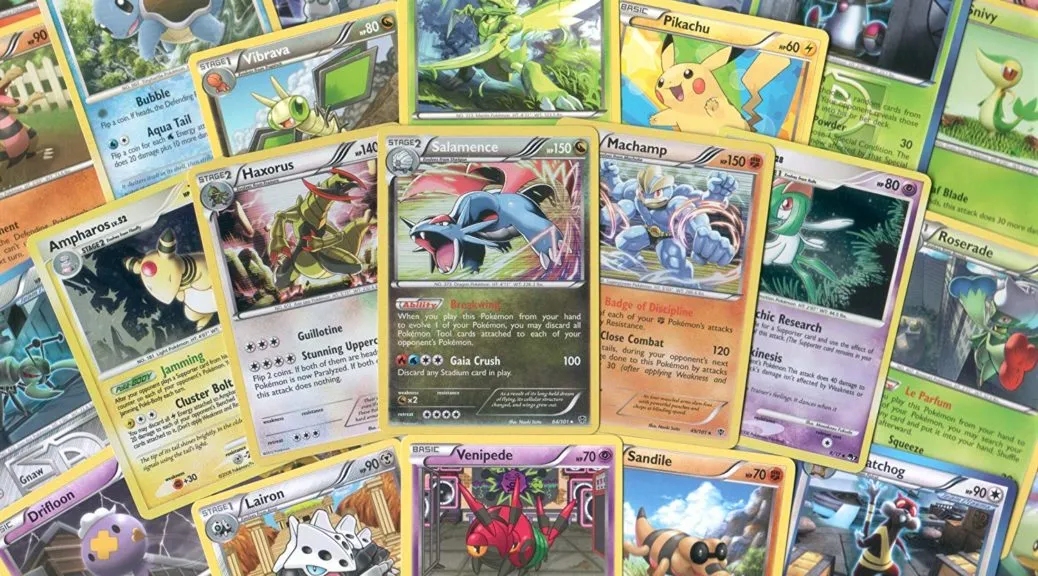

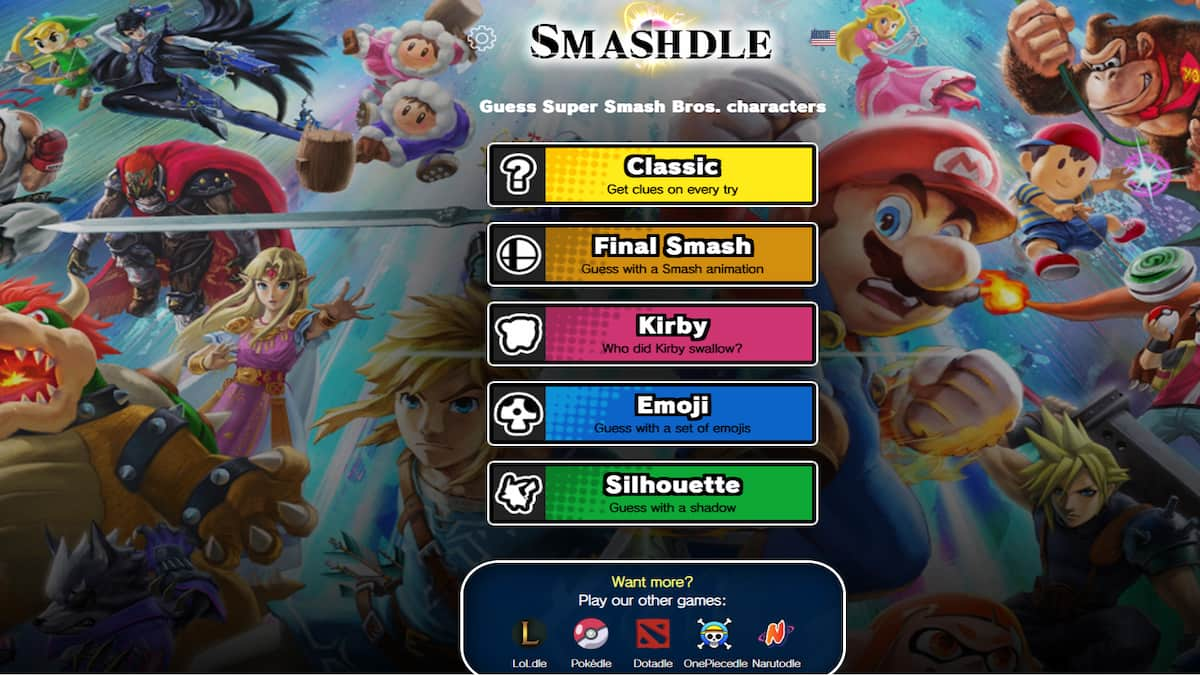

Published: Oct 29, 2019 01:43 pm